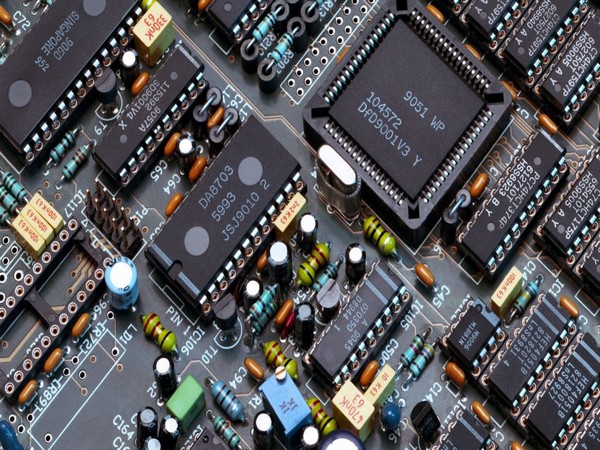China may not become self-reliant in chip production by 2025
China's goal of becoming self-reliant in chip production by 2025 may not be achieved due to high corruption, lack of skill sets and western sanctions impacting technology transfer which are bottlenecks in the process of achieving 'Made in China 2025'.

- Country:
- China
China's goal of becoming self-reliant in chip production by 2025 may not be achieved due to high corruption, lack of skill sets and western sanctions impacting technology transfer which are bottlenecks in the process of achieving 'Made in China 2025'. China's leader even believes that its 'Made in China 2025' goal could no longer be seen as a real performance benchmark to localize semiconductor production, Global Stat View reported.
Earlier, China set a goal of producing 40 per cent of the chips used by their own industry in 2020 and 70 per cent by 2025 but Beijing can't achieve its initial plan. In 2021, China's share of local chip production fell from 15.1 per cent, which was recorded in 2014, to 16.7 per cent, according to Global Stat View citing IC Insights, a US research firm. According to the virtual think tank, corruption became one of the major speed breaks in achieving their goal. The Communist Party's corruption watchdog, the Central Commission for Discipline Inspection, announced a series of investigations into senior figures in China's semiconductor industry. The targets of these investigations include the former chairman of Tsinghua Unigroup, a state-owned chip-focused conglomerate, the former president of the China Integrated Circuit Industry Investment Fund (aka "Big Fund"), and the former head of the Ministry of Industry and Information Technology. These investigations follow a government audit of the Big Fund, affiliate funds, and companies that received investments from these institutions.
The watchdog also took Du Yang, the former director of Sino IC Capital, the holding company managing the fund's investments under their investigation. They investigated for a "serious violation of discipline and law." Two other firm managers are involved in the investigation by the all-powerful CCDI, conducted in collaboration with the ministry of industry and information technology. Xiao Yaqing, the former minister of industry who was supposed to oversee the sector, has also been accused of corruption, although it's unclear whether the two cases are related. According to analysts, "Some speculate that the investigations are linked to the financial troubles of Tsinghua Unigroup and underline the perceptions among China's senior leaders that the approach of throwing money at China's semiconductor industry has fallen short of expectations."
Apparently, the large sums raised by the Big Fund, and the state's encouragement of broader investment and business activity in the semiconductor industry, "have inevitably created wastage and opportunities for corruption." But malfeasance by individual executives does not necessarily mean that their investment decisions were unproductive. Much of the Big Fund's largesse has gone to relatively successful firms like Yangtze Memory Technologies Corp, which was poised to become a significant player in memory chips and a serious competitor to market leaders Samsung and SK Hynix, Global Stat View reported. Bruegel, a European think tank on the economy, analyzed China's unsuccessful semiconductor venture: "First, chip fabrication requires massive fixed asset investment and, therefore, large subsidies, but with no guarantee of success. Second, one reason for the underwhelming results of China's semiconductor policy is US containment, through export controls and other measures. In this respect, the EU should find it easier than China to upgrade its chips industry, but, given the costs, focusing on the highest-end part of the supply chain would be the best approach. Given the financial resources already invested by China, the assembly and production of lower-end semiconductors already face overcapacity."
Deconstructing China's planning on chip sufficiency, Bruegel says the objective is "clearly ambitious," reaching self-sufficiency through the rise of national champions in the different steps of semiconductor production - design, fabrication, and assembly, reported Global Stat View. (ANI)
(This story has not been edited by Devdiscourse staff and is auto-generated from a syndicated feed.)
ALSO READ
European stocks flat ahead of inflation data
European stocks little changed on caution ahead of inflation data
European stocks little changed as inflation data leaves rate cuts bets unchanged
European stocks rise ahead of inflation data; Basilea shines
European stocks rise after soft US services data, easing EZ inflation










